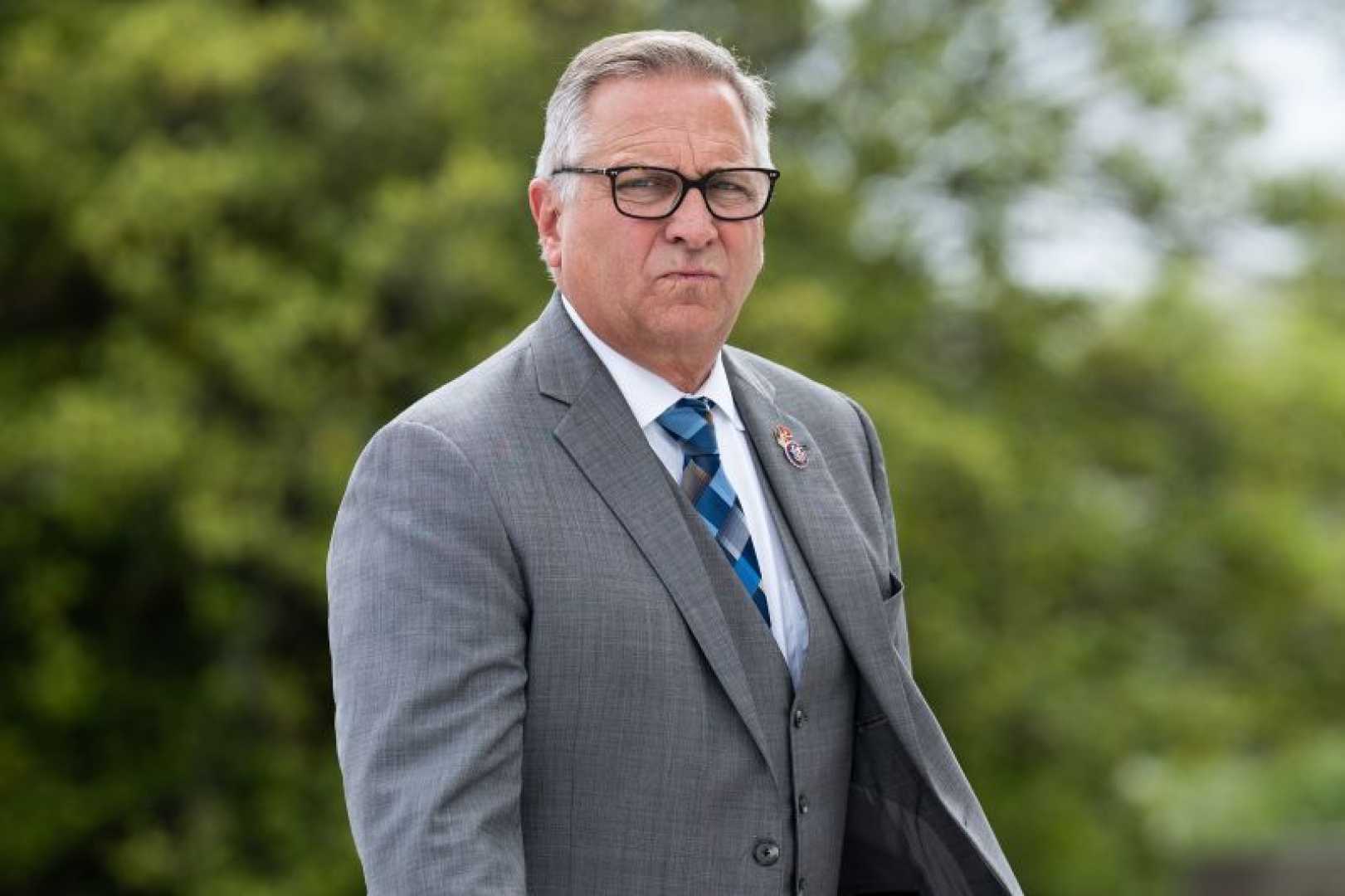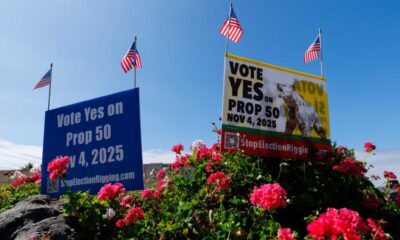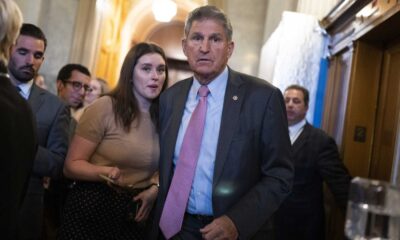Politics
Supreme Court May Accept Bost’s Challenge to Election Laws

WASHINGTON, D.C. — The Supreme Court indicated on Wednesday it may support Rep. Michael Bost, a Republican from Illinois, in his challenge against a state law regarding mail-in ballots. The decision could allow him to pursue a lawsuit that previous courts deemed invalid.
Bost is not contesting the mail-in ballot issue directly but is raising important questions about whether federal candidates have the right to sue over election regulations, even if they are in secure districts and expected to win. The case has the potential to significantly impact how election litigation is handled in the future by enabling a wider array of challenges to voting laws.
Lower courts previously dismissed Bost’s case, arguing he lacked what is called “standing,” meaning he had not shown a definitive injury related to the law. Bost contends that being a candidate automatically grants him standing to challenge election laws.
Illinois officials argue that candidates must demonstrate how a regulatory change could harm their chances in an election. However, the Supreme Court’s conservative justices seemed troubled by this interpretation, suggesting it could complicate judicial assessments of candidate success and timing in relation to elections.
At one point, Chief Justice John Roberts expressed concern that relying on how candidates are expected to fare could lead to decisions made during particularly sensitive election periods. He remarked, “What you’re sketching out for us is a potential disaster,” highlighting the difficulties courts might face in assessing election outcomes.
Justice Brett Kavanaugh echoed this sentiment, questioning the implications if an important voting case were postponed until after an election was already held.
Bost initially filed his suit in 2022, claiming that an Illinois law allowing mail-in ballots to arrive up to two weeks after Election Day violated federal law which dictates elections must happen on a uniform day across the country. He noted that monitoring the return of these ballots would impose additional costs on his campaign.
Justice Samuel Alito remarked that Bost’s claims presented a straightforward injury that should allow the case to proceed, while Justice Elena Kagan described the case as a suit “in search of a problem,” emphasizing that many elections issues are currently litigated by voters and party officials each election season.
The Supreme Court’s decision on this matter could set a significant precedent regarding candidate rights in election disputes.












